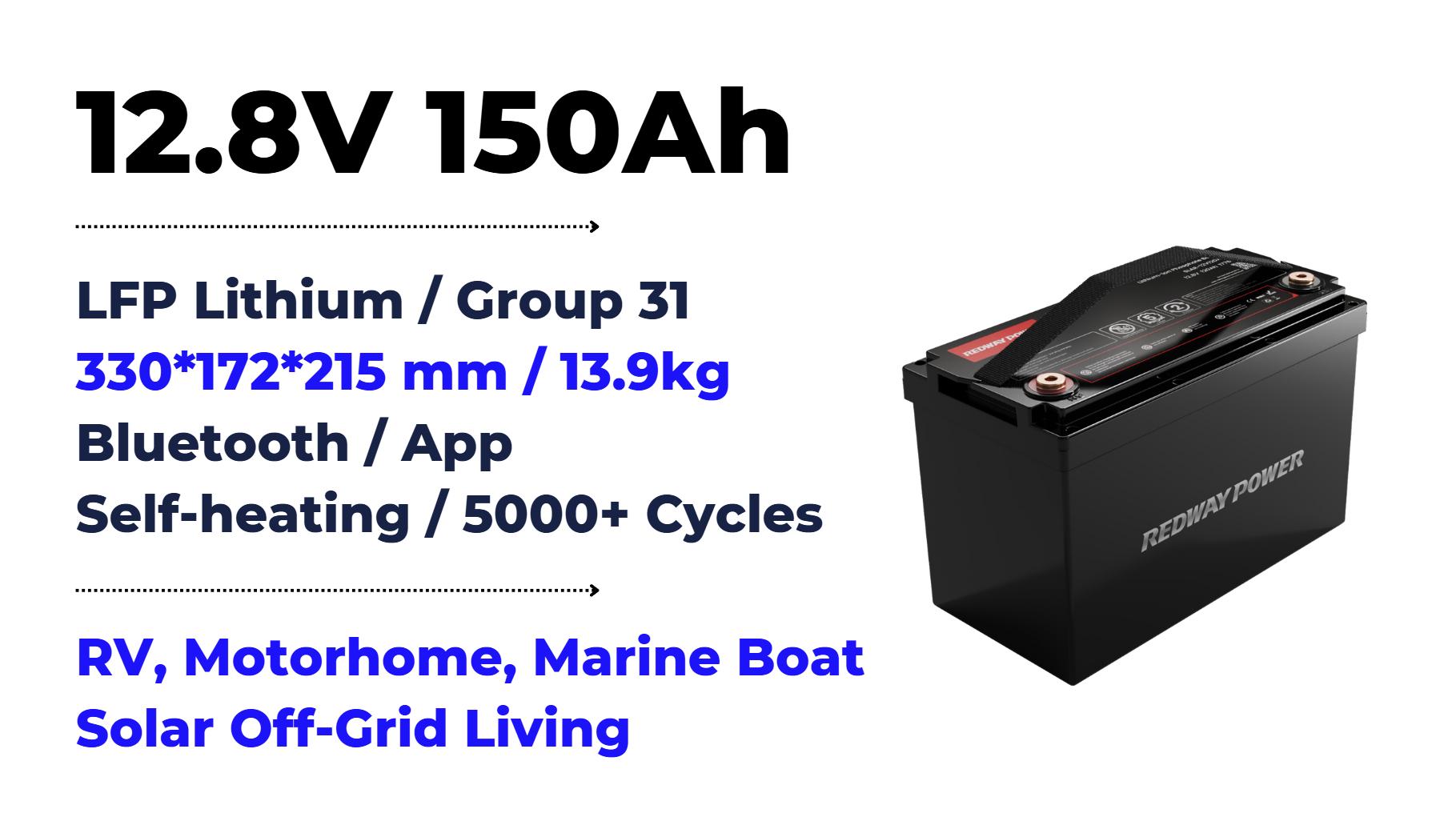
How is the New LiFePO4 Battery Pack Producer Entering the US Market?
LiFePO4 (Lithium Iron Phosphate) battery technology is gaining traction as a reliable and safe energy storage solution, particularly in the U.S. market, which is increasingly prioritizing sustainable energy sources. This article explores the significance of new producers entering this sector, highlighting key players, applications, and future trends.
What is LiFePO4 Battery Technology?
LiFePO4 batteries are a type of lithium-ion battery known for their safety, longevity, and thermal stability. They utilize lithium iron phosphate as a cathode material, offering advantages such as a long cycle life, high energy density, and reduced risk of thermal runaway compared to other lithium-ion technologies.
Chart: Comparison of Battery Technologies
| Feature | LiFePO4 | Lithium Cobalt Oxide | Nickel Manganese Cobalt |
|---|---|---|---|
| Energy Density | Moderate | High | High |
| Cycle Life | Long | Moderate | Long |
| Safety | High | Moderate | Moderate |
| Cost | Low | High | Moderate |
Why is the U.S. Market Important for LiFePO4 Batteries?
The U.S. market presents a significant opportunity for LiFePO4 battery producers due to rising demand for electric vehicles (EVs), renewable energy storage solutions, and industrial applications. Government incentives aimed at promoting clean energy technologies further enhance this market’s attractiveness.
Who are the Key Players in the U.S. LiFePO4 Market?
Several established companies dominate the U.S. LiFePO4 market:
- A123 Systems: Specializes in high-performance lithium iron phosphate solutions for automotive and industrial applications.
- K2 Energy Solutions: Known for its advanced engineering and production capabilities in various battery formats.
- Valence Technology: A pioneer in developing high-performance energy storage solutions using LiFePO4 technology.
Chart: Key Players in the U.S. LiFePO4 Market
| Company Name | Headquarters Location | Specialization |
|---|---|---|
| A123 Systems | Massachusetts, USA | Automotive Batteries |
| K2 Energy Solutions | Nevada, USA | Industrial Applications |
| Valence Technology | Texas, USA | Energy Storage Systems |
How Does LiFePO4 Compare to Other Battery Technologies?
LiFePO4 batteries offer several advantages over traditional lead-acid batteries and other lithium-ion chemistries:
- Safety: Lower risk of overheating and combustion.
- Longevity: Longer cycle life reduces replacement frequency.
- Environmental Impact: Less toxic materials compared to other battery types.
What are the Applications of LiFePO4 Batteries?
LiFePO4 batteries find applications across various sectors:
- Electric Vehicles: Used extensively due to their safety and longevity.
- Energy Storage Systems: Ideal for renewable energy setups like solar and wind.
- Industrial Equipment: Powering forklifts and other heavy machinery.
What Trends are Shaping the Future of LiFePO4 Batteries?
The future of LiFePO4 batteries is influenced by:
- Technological Advancements: Innovations aimed at enhancing performance and reducing costs.
- Regulatory Support: Government policies favoring clean energy solutions.
- Market Demand: Increasing adoption in EVs and renewable energy sectors.
How Can OEMs Benefit from Partnering with LiFePO4 Producers?
OEMs can leverage partnerships with established battery manufacturers like Redway Battery to enhance their product offerings. Key benefits include:
- Access to advanced battery technologies.
- Customization options for specific applications.
- Reliability from a manufacturer with over 13 years of experience.
OEM Tips
When considering OEM orders from a reliable manufacturer:
- Verify their production capabilities and certifications.
- Assess their experience in your specific application area.
- Ensure they offer customization options that meet your needs.
What Expert Insights Exist on LiFePO4 Battery Developments?
“LiFePO4 technology represents a significant leap forward in battery safety and efficiency,” says an industry expert. “As demand grows for sustainable solutions, we expect more innovations that will enhance performance while keeping costs competitive.”
